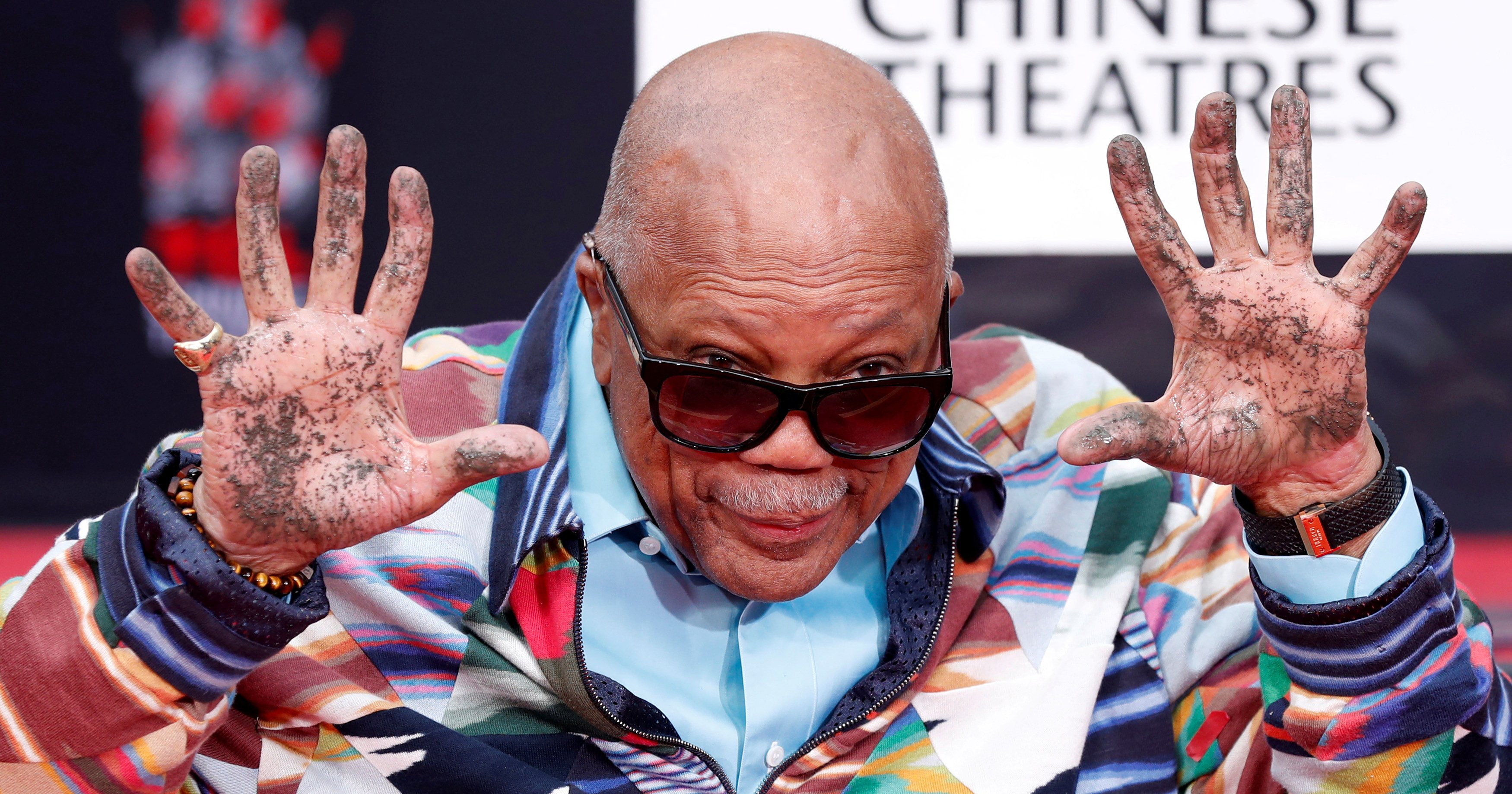Prime
100 years since Madhvani set up modest shop in Busoga

The current generation of the Madhvani family.
What you need to know:
In 1912, a simple modest shop was set up in Kaliro, a town in Busoga. Out of it has grown one of the biggest conglomorates in Uganda. One hundred years later, Muljibhai Madhvani’s shop is now an empire worth billions of dollars, with interests in sugar, energy, hospitality, tourism, among others
Mark Antony in Julius Caesar asserts that: “The evil that men do lives after them and the good is often interred with their bones.” An Indian Ugandan-turned businessman, entrepreneur, industrialist and philanthropist, Muljibhai Prabhudas Madhvani’s good could have eluded those who wrapped his bones.
It is 100 years since the 18-year-old hatched a business that now employs over 7,000 people. In the 19th century under colonial rule Indians were dispatched to Africa to aid the construction of the famed “Lunatic Express” railway line from the port town of Mombasa to the River Nile in Uganda. So tough and treacherous were the conditions that even the local population were reluctant to partake in the railway’s development.
Mr Hrishikesa N.J., a fourth generation descendant of Madhvani, and now a director of Equatorial Shipping Lines says, “The story of the railway reminds me very much of the Indian attitude to enterprise in East Africa.
“The farming skills that my ancestors acquired in India, together with the savvy business tools they developed through trading in Uganda were a perfect recipe for the beginnings of commercial agriculture in the country.
“Again, this was no easy task; the land ‘allocated’ to them to grow sugar cane was effectively a disease-ridden swamp, infested with snakes, crocodiles and far from any commercial trading centres. So determined were they to succeed that despite these conditions, they were able to develop their land into a sugar estate, which today is ranked among the largest and most successful in Africa.”
Today lush greenery of cane plantation that banquets the outskirt of Jinja on your way to Iganga and Kenya is a dream come true for a young man who in 1908 arrived in Africa in search of solace having lost his mother in his early teenage years.
Muljibhai dared to live in the bushy Kaliro, now a town in Busoga sub region where he started as an attendant in his uncle’s shop. Against the warnings of Sir William Frederick Gowers, the then Governor of Uganda, that sugar business would not pay off, he secured 800 hectares from Busoga kingdom and the colonial government, before setting up Kakira Sugar Factory in 1930. By 1960, Madhvani had taken root in the Ugandan economy. The commodity market was promising; an evolving middle class bred by industrialisation was to serve as a stimulus.
Several decades ago, before the phrase “co-operate social responsibility” was coined, Muljibhai keenly took care of his employees and community well-fare. Workers and dependents enjoyed free education, housing and health care.
Over time, Kakira has intricately become a part of Jinja, located in the south eastern region, about 87 km east of the capital Kampala.
Jinja’s story of social, political and economic development is incomplete without a mention of the Madhvanis. It has been Kakira sugar plantations and the factory owned by the family that has felt the weight as many families turn to it for survival in the worst economic times, as well as, the happiest moments.
Former president Idi Amin’s expulsion of the Asians from the country in 1972 was to forever change the history of this town. Like Rajab Kitto, the public relations officer of Jinja municipality says, it is Kakira that sustained Jinja’s heartbeat over the years.
He says after the return of Asians in 1982 and consequent reclaiming of their assets under the Asians expropriated property act, “Madhvani is what has jerked Jinja to the 21 century. One was either employed by Madhvani or government, period.”
At the time of expulsion, the group had grown into a complex of 52 industrial, commercial and agricultural companies operating in East, Central and Southern Africa.
Other than Uganda, the Madhvanis knew no other place for home; frustrated and desperate, they left for the UK only to return under the expropriated Properties Bill extended by the 1982-sitting government, the oil and soap mill was in a despicable state, the sugar factory was merely a shadow of its former self.
The district chairman, Fredrick Gume says one cannot speak of Jinja without the “foundation, which is Kakira and Madhvani.” He argues that besides the colonial government, they built the first secondary schools, Muljibhai Madvani Wairaka College and Muljibhai Madvani Jinja Girls’ school before they were taken over by government.
It was Madhvani’s family that built and offered a fully-fledged children’s referral hospital which specialised in treating children, on top of handing over to the then government Jinja Municipal Hall and the district’s House of representation, both highly prized structures in the town.
Catching his dream
As a young man who had lost his mother, Madhvani, had while playing, run after a jet shadow hoping he would catch the real jet one day.
By his death in 1958, the son to Prabhudasbhai and Laduma Madhvani of Aasiyapat in India, had not only caught up with the jet, but subdued it. He had established Kakira Airport in his empire, operational to date.
With a maiden step toward diversification, they ventured into textile before trying out brewing business at Nile Breweries which in 2002 was taken over by South Africa’s SAB millers.
As the biggest conglomerate in Uganda, they have successfully ventured into tourism with its iconic health club at Chobe Safari Lodge, which CNN ranked fifth best in the world; insurance, floriculture, software development and construction.
With Kakira as the flagship company, the group has turned to clean power generation out of the fibrous material, bagasse currently producing 22MW of electricity, 12MW of which is supplied to the national grid.
It is expected, power generated will rise to 53MW after the installation of the 515o c boiler. 32MW will be sold to Uganda Electricity Generation Company as a way of catering for power deficit in the country.
A mausoleum that was constructed in his memory lies at the lakeside along that of his elder son and heir, Jayant Madhvani. After the death of their father, Jayant and his brother Manubhai, oversaw the group’s diversification into oil and soap manufacturing, steel, tea and glass production.
Mayur Madhvani, his last son and current joint managing director of the group companies has proved he is made of stunner stuff, standing stiff and focused to propelling the empire far and wide.
Kakira, Jinja’s backbone over the years
Madhvanis have been championing a unique model of corporate social responsibility, which is already accruing enormous benefits to the surrounding communities. The company partnered with the Busoga Sugarcane Growers’ Association (BSGA) and initiated the Kakira Out growers Rural Development Fund (KORD) in 2005.
The fund is majorly financed through contributions from Kakira Sugar and BSGA. For each tonne of cane supplied by BSGA, Shs250 goes to the fund while Shs125 is deducted from each tonne of cane harvested from the company’s plantations to run the fund. By October 2010, about Shs2.7b had been realised.
The fund improves the quality of life of the community within a 30km radius of Kakira Sugar Factory, an area covering 17 Sub Counties in Jinja, Mayuge, Iganga and Kamuli districts.
Shs600m every year is channelled through Tropical Bank, Jinja branch, to facilitate the farmers’ access to soft loans and over 1,000 farmers have so far benefited and about Shs2b loaned out. This is the more critical reason why Kakira Sugar Limited is a flagship company is Jinja’s blossoming industry.
The sugar factory currently operates at a crushing capacity of 4,000 tonnes cane per day during a 10.5 month crushing season. This season, the factory will crush 1.2 million tonnes of cane to produce over 100,000 tonnes of sugar, maintaining its position of Uganda’s largest sugar producer.
This company employs over 7,500 people and has been the catalyst for socio-economic development of the rural areas surrounding the mill, providing the means of livelihood to over 75,000 people in the South Busoga region.
editorial @ug.nationmedia.com
===========================================================
Granddaughter speaks out on family’s guiding spirit
High Commissioner of Uganda to India and South East Asia, H.E Nimisha Jayant Madhvani, is a granddaughter of Muljibhai Madhvani. She writes about her memory of her grandfather.
In 1912, five teenage Madhvani men – brothers and cousins - left India for Uganda. They were adventurous, fearless and dedicated to hard work and to earning money. Muljibhai - (Bapuji as we all called him)- was one of them. One hundred years later, the Madhvani family still has those same qualities including a fierce dedication to Uganda and its people. This is the spirit passed from Bapuji to my father, Jayantbhai, my uncle Manubhai and all of us. This is what motivates and inspires me to be with family and serve Uganda. As a third generation Ugandan, I thank President Museveni, the Government and the people of Uganda for this honour to represent Uganda in South East Asia - based in India - regardless of caste, colour or creed to continue contributing to nation building in the spirit of my fore-fathers.
My mother, Meenaben Madhvani is a Rajput, the warrior caste. That spirit can be seen in her tenacity, her bravery in the face of adversity and her dedication to family.
Sadly, Bapuji died young of a sudden heart attack in 1957. My Dad, Jayantbhai - in our tradition as the eldest son - assumed responsibility for enhancing the family and the business. He began to diversify and expand the Madhvani Group across East Africa, Europe, Canada, India, and Lebanon with the support of his next younger brother, my Uncle Manubhai. They also established a scholarship fund in Bapuji’s memory for the family’s commitment to education to enable Ugandans earn undergraduate and graduate university degrees. Today, my brother, Roni, runs the fund. He is another example of how the spirit of our grandfather continues to inspire us.
I grew up in a large, loving family – brothers, cousins, aunts, uncles, friends in Kakira - in the house my grandfather built. It is still there with his spirit. I recall going to greet Bapuji every morning. He would wait for me, then cut a quarter of an apple and watch me eat it before he went off to office - I was his first granddaughter!
Several of my families were in school in England at the same time. But every vacation was spent together. In July 1971, my dad suddenly passed away at 49 years. Manubhai my uncle, had the responsibility to keep the family together with the spirit of grandfather and my father - the philosophy of “United we stand , divided we fall” is still in our hearts. Manubhai who has also sadly passed away did achieve this despite all - today we are still one family, four generations in Uganda.
My belief in my family’s commitment to do good, my education and dedication to philanthropy are the foundations of where I am today. I am very grateful for that. God has blessed with their spirits and guided me. For all of us, our family respect as well as self-respect must be maintained in all that we do at home and in the work place. This is also the philosophic foundation of our religious teachings.
I believe this foundation of beliefs must be turned into tangible results, both moral and financial for the benefit of society and family. So my responsibilities are not simply to promote Africa and Uganda, but to do so with pride, while respectfully maintaining our family values as Bapuji, my dad and my uncle would expect.




